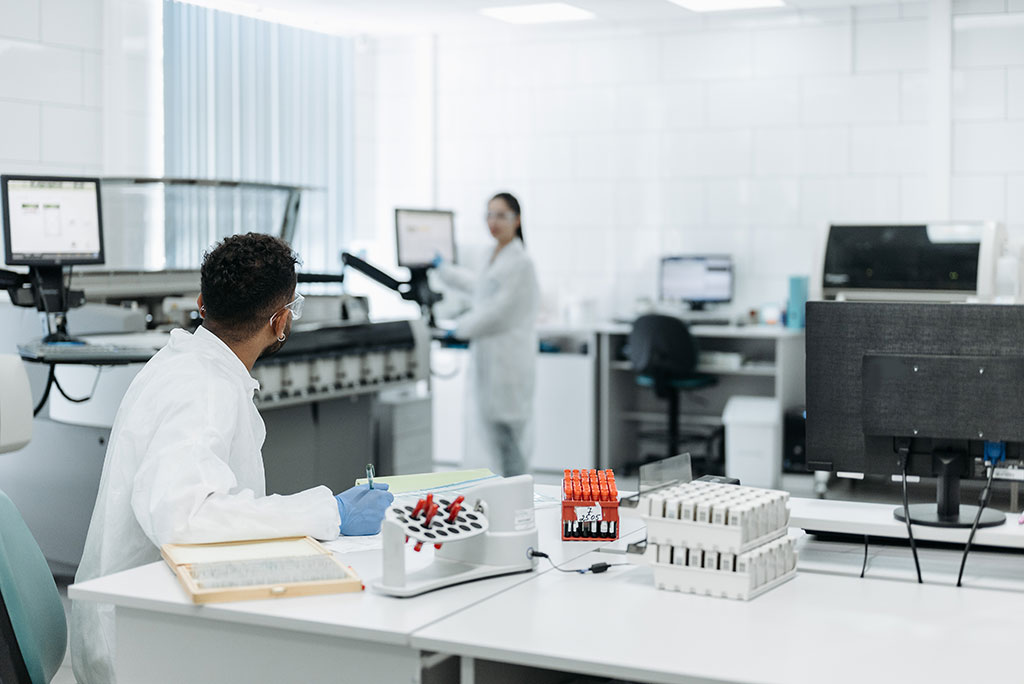Testing for Biomarkers in Urine and Blood Can Predict Patient’s Risk of Developing Chronic Kidney Disease
Posted on 04 Apr 2023
The kidneys play a crucial role in purifying blood and eliminating waste from the body. Acute kidney injury (AKI) occurs when the kidneys abruptly and temporarily lose their functionality, causing a buildup of waste in the blood and hindering the body's fluid balance. While AKI is treatable, if left unchecked, it can lead to chronic kidney disease (CKD), a more severe and potentially fatal condition, as well as other cardiac issues. AKI is frequently observed in hospitalized patients whose kidneys have been subjected to medical or surgical stresses and complications, potentially prolonging the kidneys' recovery and causing lasting damage. Now, researchers have identified biomarkers to predict CKD risk in hospitalized patients with AKI.
In a new study that examined the long-term consequences of AKI in hospitalized patients, researchers at Johns Hopkins Medicine (Baltimore, MD, USA) have found that elevated levels of specific biomarkers in urine and blood can predict a patient's likelihood of developing CKD. These results could assist medical professionals in gauging the efficacy of kidney damage recovery and potentially averting the advancement of AKI to CKD.

The researchers conducted a study involving 656 hospitalized patients with AKI, in which they measured several urine and plasma biomarkers related to kidney damage, inflammation, and tubular health at multiple intervals over a year following diagnosis. Their aim was to determine the correlation between changes in these biomarkers over time and the progression of kidney disease after AKI. The researchers discovered that an increase in the biomarkers KIM-1, MCP-1, and TNFRI in urine and plasma, respectively, was associated with a two- to three-fold heightened risk for CKD for each deviation change from baseline to 12 months. These findings indicate that prolonged tissue damage and inflammation, as well as slower restoration of tubular health, increase the risk of kidney disease progression. However, they also noted that an increase in the urine biomarker UMOD was linked to a 40% reduction in CKD risk.
“Longitudinal measurement of some of these proteins have the potential to guide management of patients with AKI after discharge, which includes follow-up with a nephrologist; optimizing diabetes and cardiac medications; and accurate dosing of all medications with reduced kidney function,” said Chirag Parikh, M.D., Ph.D. director of the Division of Nephrology at the Johns Hopkins University School of Medicine and the study’s corresponding author who underscored the need for more research into these ongoing biological processes to help better understand the transition from AKI to CKD.
Related Links:
Johns Hopkins Medicine









 Analyzer.jpg)



